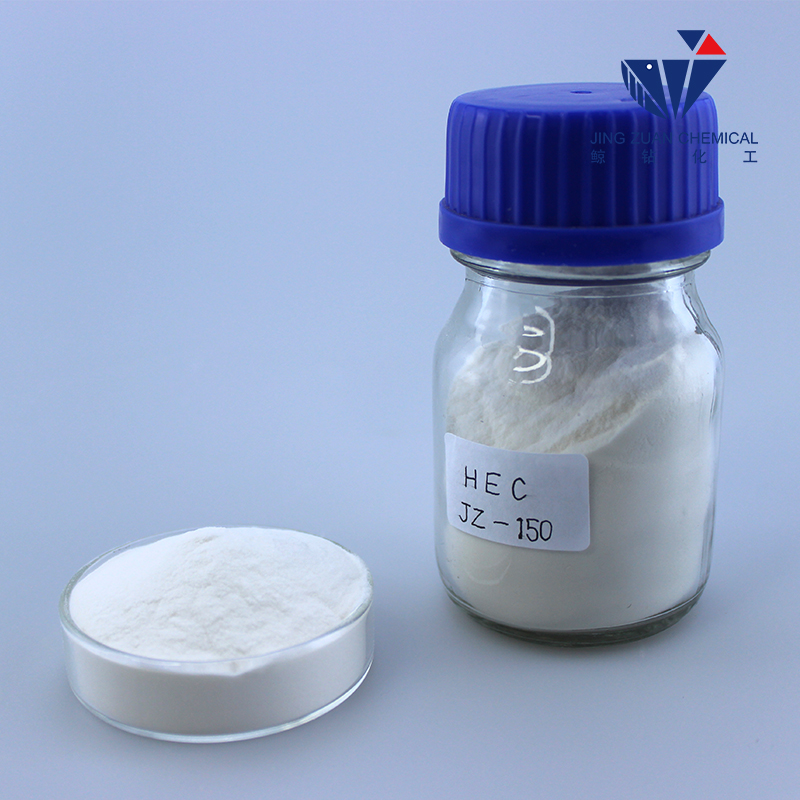
дек. . 29, 2024 12:25 Back to list
Properties and Applications of Hydroxyethyl Cellulose as a Thickening Agent
The Versatile Applications of Hydroxyethyl Cellulose Thickener
Hydroxyethyl cellulose (HEC) is a non-ionic, water-soluble polymer derived from cellulose, a natural polymer found in the cell walls of plants. Due to its exceptional thickening, stabilizing, and emulsifying properties, HEC has found extensive applications across various industries, including personal care, pharmaceuticals, food, and construction. This article delves into the characteristics and versatility of hydroxyethyl cellulose thickener and its impact on different sectors.
Properties of Hydroxyethyl Cellulose
HEC is well-regarded for its high viscosity characteristics and ability to enhance the texture of formulations. One of the polymer's primary benefits is its ability to thicken solutions without altering their clarity, which makes it suitable for use in transparent gels and liquids. HEC is also resistant to shear, making it an excellent choice for products that require consistent viscosity regardless of mixing or application processes. Additionally, it has a high level of thermal stability, allowing formulations to maintain their integrity even under varying temperature conditions.
One of the key features of HEC is its solubility in cold water. Unlike other thickeners that require heat for dissolution, HEC can easily disperse in cold liquids, providing manufacturers with flexibility and efficiency during production. Furthermore, its non-ionic nature means it exhibits minimal interaction with other ionic compounds, allowing for compatibility with various ingredients across different formulations.
Applications in Personal Care Products
In the personal care industry, HEC is widely used in a range of products, including shampoos, conditioners, lotions, and creams. Its thickening properties help improve the texture and feel of formulations, creating a luxurious experience for users. In hair care products, HEC enhances the viscosity, allowing for more controlled application and better adherence to hair strands, which can lead to increased hydration and overall effectiveness.
In skincare, HEC acts as a stabilizer in emulsions, ensuring that oil and water components remain evenly distributed. Its ability to form a protective film on the skin enhances moisture retention, making it an excellent ingredient in moisturizers and therapeutic creams designed to treat dry or sensitive skin.
Role in Pharmaceuticals
HEC also plays a critical role in the pharmaceutical industry, where it is used as a binder, thickener, and film-forming agent in drug formulations. It is particularly valuable in the preparation of gels and creams for topical applications. The controlled-release properties of HEC make it ideal for sustained-release formulations, ensuring that active pharmaceutical ingredients are delivered effectively over time.
hydroxyethyl cellulose thickener

Additionally, HEC is often used in the manufacture of oral pharmaceuticals, where it helps to improve the texture and stability of liquid syrups, ensuring uniformity in dosages. Its compatibility with a wide range of excipients means it can be seamlessly integrated into various formulations.
Food Industry Utilization
The food industry has also embraced hydroxyethyl cellulose as a thickening agent. Its ability to enhance mouthfeel and improve texture without compromising flavor has made HEC a popular choice in products like sauces, dressings, and dairy products. It helps stabilize emulsions, preventing separation of ingredients and ensuring a consistent product experience for consumers.
Moreover, HEC's low-calorie content aligns well with the growing demand for healthier food options, making it an attractive alternative to traditional thickeners derived from starch or fat.
Construction and Home Care
In construction, HEC is utilized as a thickener and water-retaining agent in cement-based products, mortar, and paints. It improves workability and adhesion, ensuring that these materials are easy to apply and exhibit durable performance once set. Its water-retaining properties help prevent cracking or flaking, which is crucial in maintaining structural integrity.
In home care products, HEC can be found in various cleaning formulations, where it aids in suspending particles and improving the viscosity of liquids, enhancing overall cleaning performance and user satisfaction.
Conclusion
Hydroxyethyl cellulose thickener is a remarkable ingredient that transcends industry boundaries, offering a versatile solution for thickening, stabilizing, and enhancing the texture of various formulations. Its unique properties, derived from its natural cellulose origin, make it not only effective but also safe for use in personal care, pharmaceuticals, food products, and construction materials. As businesses continue to innovate and seek sustainable solutions, HEC is likely to play an even more prominent role in product formulations across diverse sectors.
-
tile-bonding-additives-for-stronger-bonds
NewsAug.22,2025
-
construction-grade-rdp-for-wholesale-needs
NewsAug.22,2025
-
trusted-wholesale-hec-partners
NewsAug.22,2025
-
hec-solutions-for-industrial-excellence
NewsAug.22,2025
-
construction-additives-need-hpmc-essentials
NewsAug.22,2025
-
hpmc-versatile-cellulose-ether-for-industries
NewsAug.22,2025







